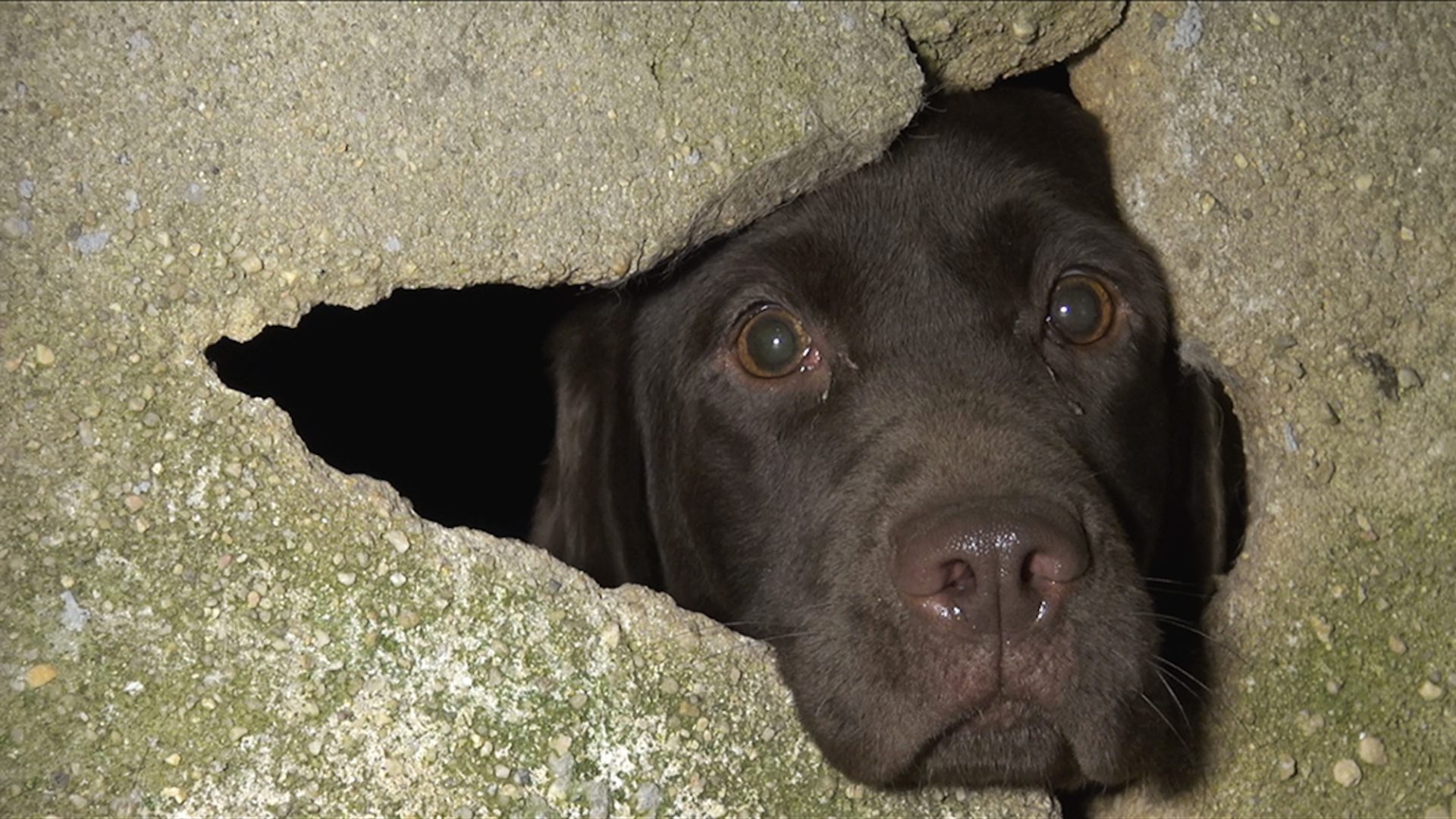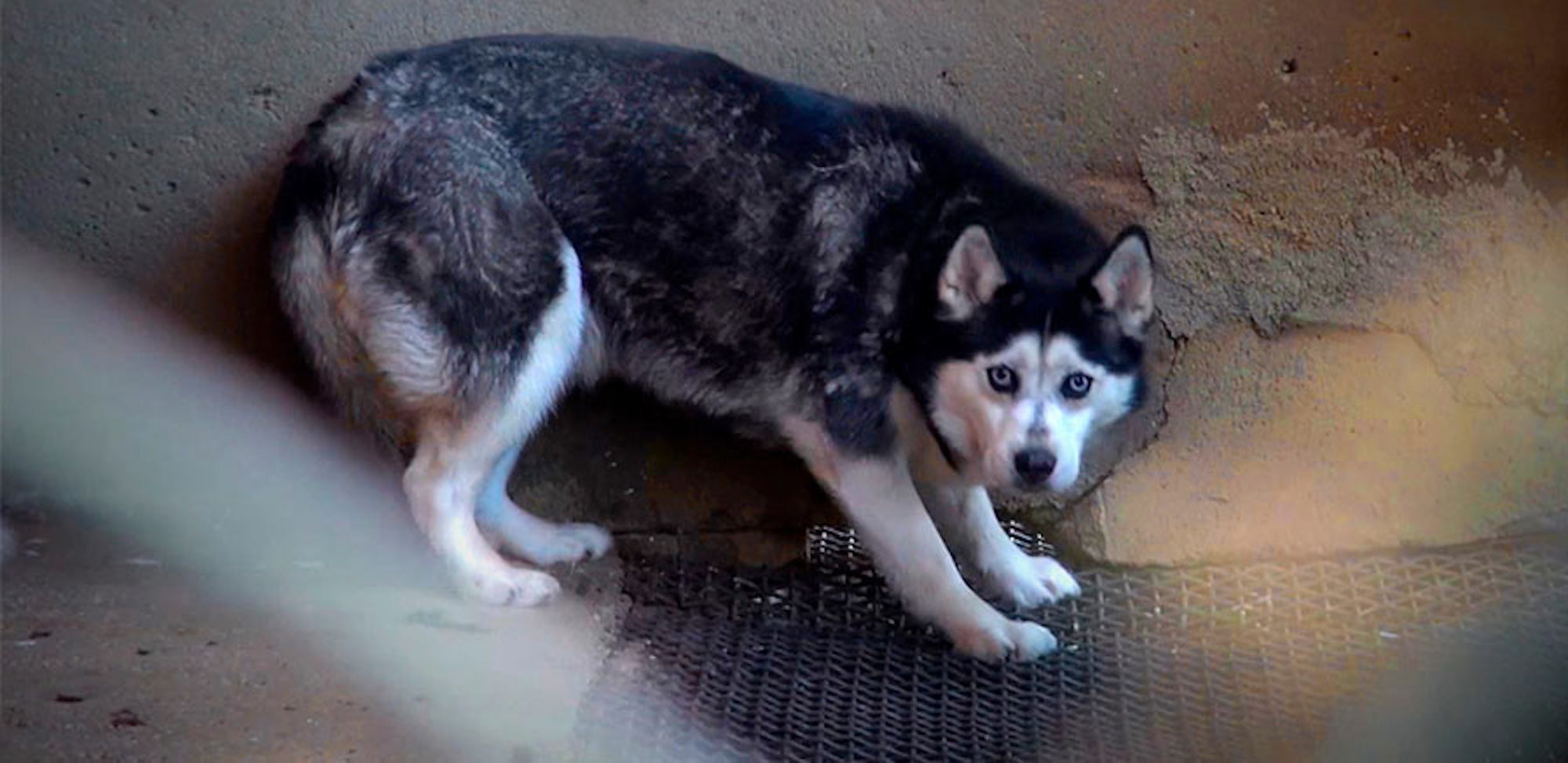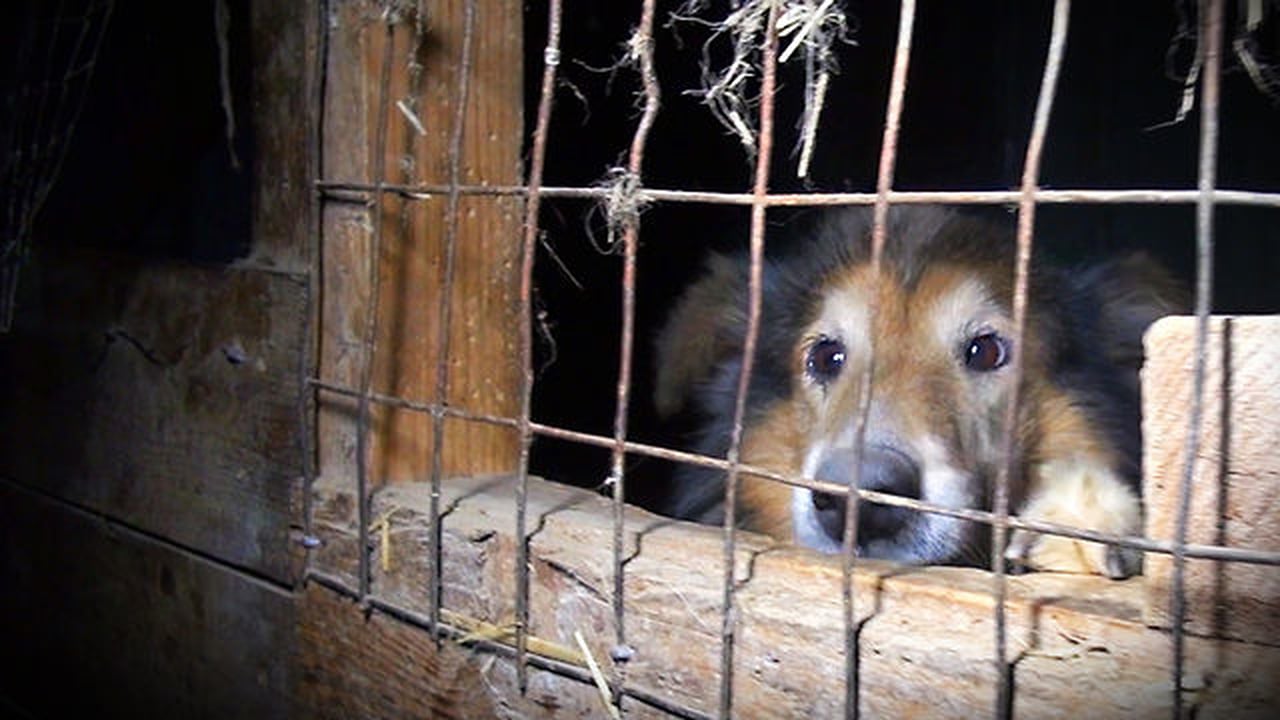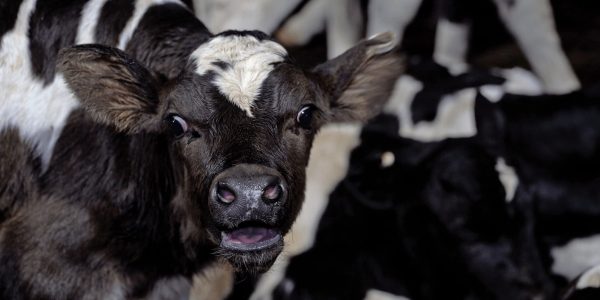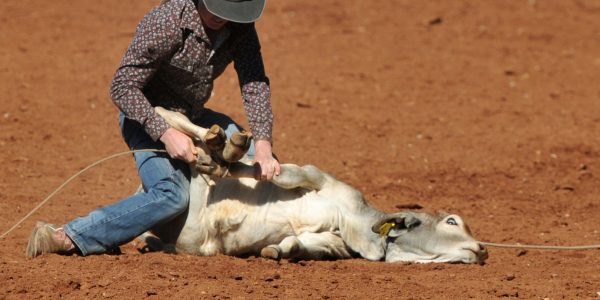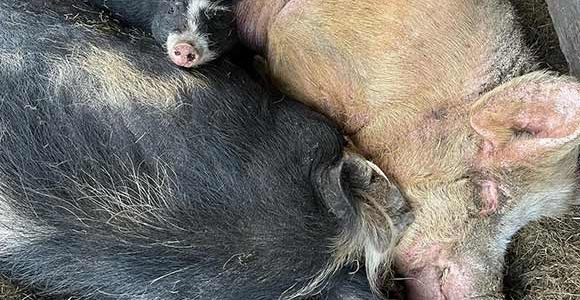Isn’t it illegal to treat dogs this way?
Sadly, the cruelty inherent in puppy factories — lack of exercise, minimal human interaction and social enrichment — can be entirely legal. Victoria is the only state in Australia with meaningful legislation that mitigates some of the problems associated with puppy farming, however this does not prevent animals from puppy farms interestate being shipped into Victoria to be sold. While some Australian puppy factories breach cruelty laws, many others operate completely within regulations. It can be legal to keep a mother dog confined to a barren concrete cell in a shed for 23 hours a day, churning out litter after litter of puppies, and denying her everything that makes a dog’s life worth living.
How many puppies come from puppy factories in Australia?
It comes as a shock to caring dog lovers to discover that many Australian puppies sold online or in pet shops were born in inhumane puppy factories.
According to the Pet Industry Association of Australia (PIAA), around 450,000 puppies are sold in Australia each year. Only around 15% of puppies are sold through breeders registered with Australia’s peak companion animal breeding associations.
Approximately 15% of puppies are sold through pet shops, with the vast majority of sales occurring online. Online sales are totally unregulated. Each day sites like The Trading Post and Gumtree offer thousands of puppies for sale, with concerns that many of these puppies come from puppy factories.
Why does puppy factory cruelty continue?
Puppy farmers know that caring people would be horrified to know the conditions their dogs are living in.
Selling through pet shops or online allows unscrupulous breeders to hide from unsuspecting customers where these puppies are born, and how their parents are treated. They may employ fancy websites and glossy ads of happy, healthy dogs, which couldn’t be further from the truth.
What about ‘registered’ breeders?
Many people look for ‘registered’ breeders to avoid buying from puppy factories, but the term in itself is no guarantee. Current laws are inadequate and oversight of these laws is minimal. Inhumane puppy factories may simply be ‘registered’ as a business, and even registration with official dog breeding associations does not always ensure appropriate treatment.
The only way to know where a puppy came from, and what conditions their parents live in, is to visit the property to see for yourself.
What about ‘pedigree’ breeders?
Pedigree dog breeders are members of canine associations and their peak body, the Australian National Kennel Council. The ANKC’s Code of Ethics states members should not breed or sell dogs for the commercial pet market. However, membership with a canine association is not a guarantee in itself that conditions in which dogs are raised and housed are appropriate. A responsible pedigree dog breeder will vet you as stringently as you vet them. They will be open to questions, to you visiting their property and to you meeting your new pup’s parents.
Is this a problem specific to one breed?
No. This is about the breeder, not the breed. Investigations into puppy factories have revealed that both purebred and mixed-breed dogs are victims of puppy farming. Popular cross-breeds such as spoodles, cavoodles, labradoodles and Shih Tzu-Maltese crosses are routinely produced in puppy factories. However, as shown in our TV ad, and as investigations have revealed, pure breeds such as labradors, golden retrievers, boxers, spaniels, cavaliers, pugs, beagles and even border collies have been found in puppy factories. No breed or cross-breed is safe from unscrupulous breeders, which is why dogs need the community to be vigilant if inhumane puppy factories are to be stamped out.
What’s the best way to find a puppy?
- The simplest and most direct action you can take to end puppy factory cruelty is to adopt from a rescue group or shelter.
- Trust your gut. If someone is willing to sell you a puppy sight unseen, ship them interstate, or asks to meet you in a public place to hand over the puppy, it is likely they have something to hide.
- Knowledge is power. Laws have left dogs and puppies exposed. It’s up to compassionate Australians to change the future for them. Share this with family and friends to help spread the word about puppy farm cruelty!



